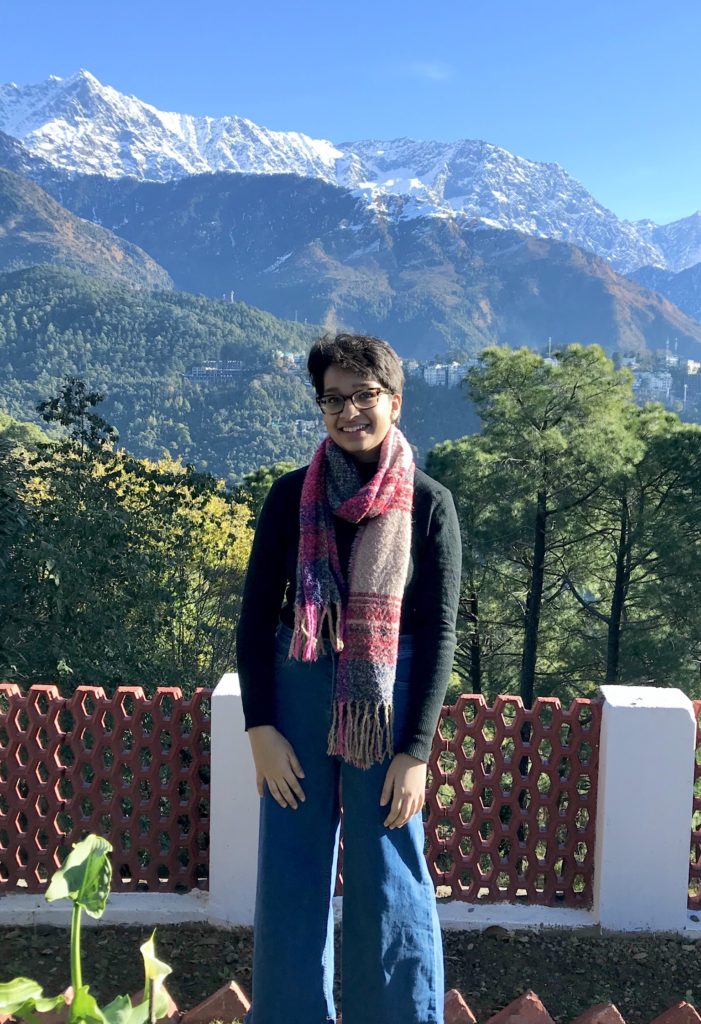Zobia Salam
Harvey Weinstein’s conviction in the historic #MeToo cases, more than anything else, comes as a relief. The fruits of women’s struggles are rarely reaped so quickly. Although (relatively) quick, they haven’t come as easy, low lying and within an arm’s reach.
This might mean something for India’s academic and higher education spaces, fields through which #MeToo made its not-so-gentle entry in India. Sparking the fire was law student Raya Sarkar’s LoSHA – List of Sexual Harassers in Academia – meant as a warning signal to women students within the space which subsequently opened up debates about the ‘correct’ feminist methodology and seemingly divided feminists into two ‘camps’ – young and old. The elders suggested that tools of naming and shaming took the feminist back several decades while the young asserted their new voice, new methods and new politics, refusing to be ‘schooled’ by their seniors. More than two years past, while the List has been meticulously buried, the hatchet has not.
The root of this hatchet still lies in stubborn disbelief: how could this happen in a progressive space like academia? The men here were scholars of justice and equality, upholding critical thought and action. And yet. They had escaped the scrutiny of the critical eye and abused the power that they possessed. These men often hid behind the excuse that their attempts to break down hierarchies between a teacher and a student had been misconstrued. It was ‘chivalric’ behaviour which in hyper-political correct times had been turned against them. In short, they were the real victims.
I spoke to several women in the field – young and old – about the #MeToo movement and notwithstanding the variety of stories one common thread ran among them all: this was nothing new. Women had their channels through which they had been warned about the men that were now in the List, their whisper networks. For them, there was no disbelief; academia was a space like any other. Power corrupted men in it as much as it did elsewhere. In fact the liminal boundaries between student-teacher complicated matters more than easing them. A refusal for coffee in the afterhours for one woman had delayed her PhD thesis by months. For another, her simple act of voicing disagreement cost her similarly. They maintained that despite the existence of formal institutions and mechanisms for redressal, the existence of whisper networks was crucial because of this large grey area of what constituted misconduct. Some professed their complete disappointment and impatience with institutions – for far too long women had, they believed, relied on patriarchal institutions. The new age was one of rage, not of waiting and asking politely.
Turns out neither politeness nor impoliteness has shaken the establishment. Academia and higher education proved to be like all other spaces, status quoist instead of radical. Hardly any cases pursued, no convictions and no introspection into the nature and reach of the problem. Amidst that dormancy, Weinstein’s conviction is a sign of possibility, of anticipation. To witness Weinstein’s conviction in the US is to reanimate hope among women across industries, across the globe that their struggles will not be laid waste.

Zobia Salam is a final-year undergraduate student at the Department of Political Science, Lady Shri Ram College for Women. Unhealthily obsessed with long sentences and trivia, she is also deeply interested in questions about gender, media and cultural criticism in which she looks to possess a perspective before an opinion.
